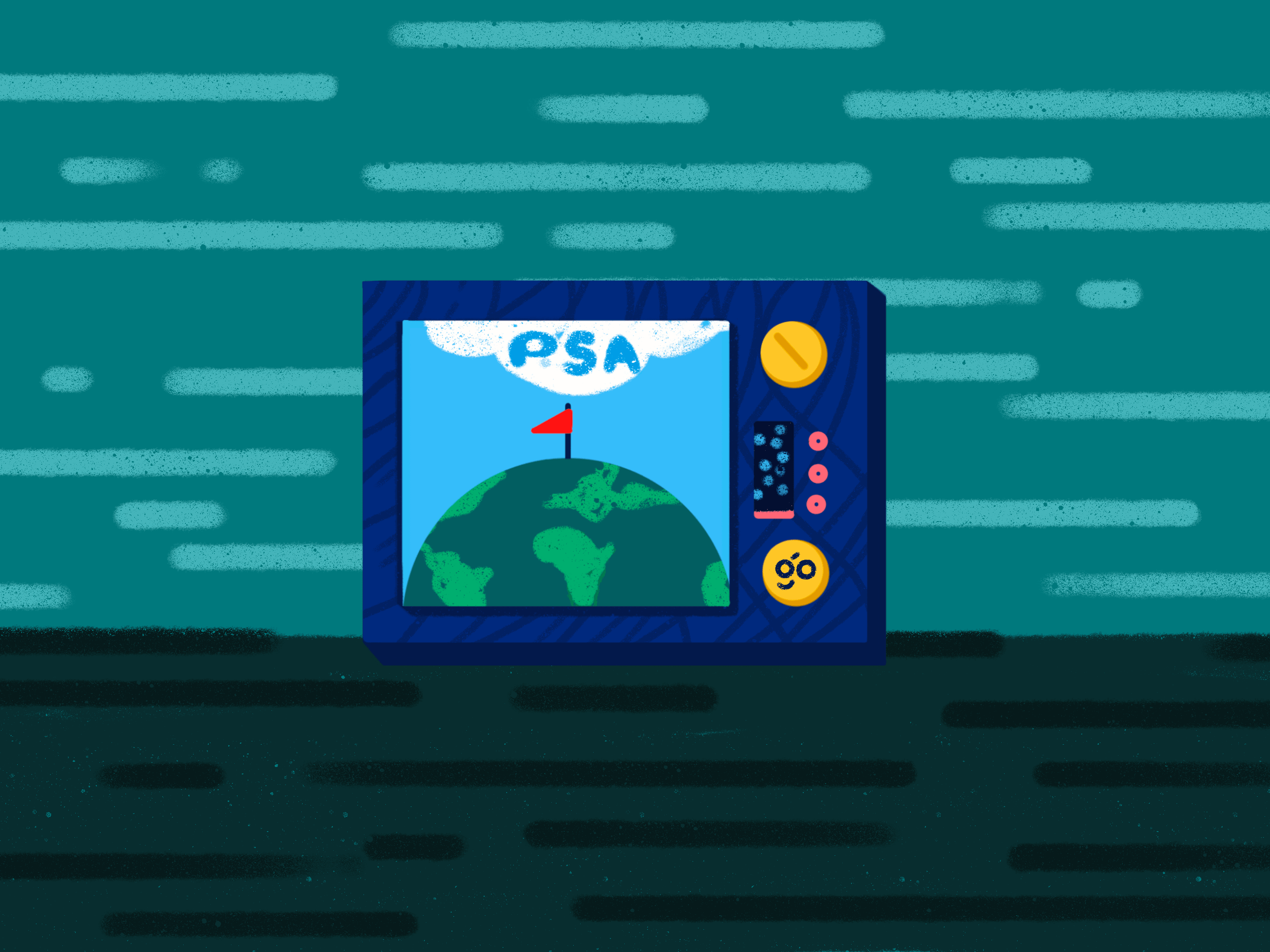We are in a global crisis.
It is a stressful and anxious time for people all over the world as the viral disease Coronavirus (COVID-19) has taken over lives, the world's financial stability and, quite frankly, overall sanity.
Initially assumed to be mildly threatening, the coronavirus has proven itself to be one of the most dangerous diseases of the 21st century. This, according to the World Health Organisation, is more as a result of how quickly it spreads and the many— sometimes seemingly mundane—ways that it can be transmitted.
Idris Elba, for instance, claimed that though he had no symptoms, he was in contact with someone who had tested positive for the coronavirus and took a test just in case. It turned out that he did contract the virus and, as a result, is now in quarantine.
Others, like these two nurses in China, reported extreme tiredness that led to taking a long nap, followed by flu-like symptoms. So far, over 200,000 people around the world have been infected, and over 8,000 people have died.
In Nigeria, just under 10 cases have been reported. It is however important to point out that there is no national testing and so far, less than 70 people have been screened; so most people have no way to confirm status. This means it is not particularly likely to tell how many people have contacted the virus.
Since we can't always rely on factors beyond our control to manage the conditions adequately, we must take responsibility; not necessarily only for ourselves— younger and relatively healthy people have been said to have a higher chance of survival— but for our older and more vulnerable loved ones.

How COVID-19 spreads
According to reports from Chinese authorities— the first place COVID-19 was reported, the virus takes 1 to 14 days to reach its full form. Within that time, patients may experience one or more of the following:
Fever
Fatigue
Cough
Shortness of breath
Breathing difficulties
Loss of sense of taste and smell
In more severe cases, it can lead to pneumonia, multiple organ failure and even death
Aljazeera reports that COVID-19 spreads when people are in close proximity, similar to the common cold. It also spreads when bodily fluids (like saliva and mucus) from an infected person land on surfaces where otherwise healthy people may touch and transfer the virus to their bodies by placing their infected palm on critical parts of their face: mouth, nose, eyes.
According to scientists, coughs and sneezes can travel several feet and stay suspended in the air for up to 10 minutes, so it's important to keep rooms ventilated and cover your mouth (preferably with a tissue) when you cough or sneeze.
Scientists around the globe are racing to develop a vaccine, but while we wait, it is vital that we take precautionary measures. In some countries, many who don't have access to tests and have opted to practice social distancing if they don't have symptoms, or self-isolation if they do, and stock up on supplies in case s**t hits the fan (let's not do the latter. As we have seen, it creates a whole 'nother crisis of its own).
Others, like Italy, have forced citizens into isolation only to come out when absolutely necessary. This is to ensure that the virus does not spread beyond more than it has, and to give medical practitioners enough time to figure out a cure or vaccine rather than spending all the time and resources managing the flock of critically ill people.
Prevention and protection
In this part of the world, we may not have the luxury of staying in doors to avoid getting contaminated, but there are things that we can do to protect ourselves:
Stay home when you are sick. If it is available to you, stay away from your family for at least 14 days, until you're certain it's not COVID-19.
Limit your movement: as much as you can, stay at home. When you must leave home, wash your hands as often as you can and keep a safe distance from people.
Keep rooms ventilated and cover your mouth (preferably with a tissue) when you cough or sneeze.
We would advise that you avoid using cash as much as possible at this time. Pay with an ATM card if you can. When you can't, opt to transfer to a bank account or use an alternative means— services Eyowo and GoMoney allow you to send money to any phone number on the spot.
Avoid crowded spaces as often as possible: that includes spaces where you pay your electricity, DSTV, etc. bills. GoMoney lets you pay bills effortlessly from the safety of your home.
Above all, please stay calm. It's rough and things may get tougher, but panic will only make it worse. Remember to tell the people you love that you love them and, I don't want to be that guy, but: now is the time to shoot your shot... virtually 😉
If you're worried you (or someone you love) might be ill from COVID-19, please call the Nigeria Centre for Disease Control IMMEDIATELY on their 24/7 toll-free line: 080097000010
Stay safe, please.
With Love from your friends at GoMoney 💚


